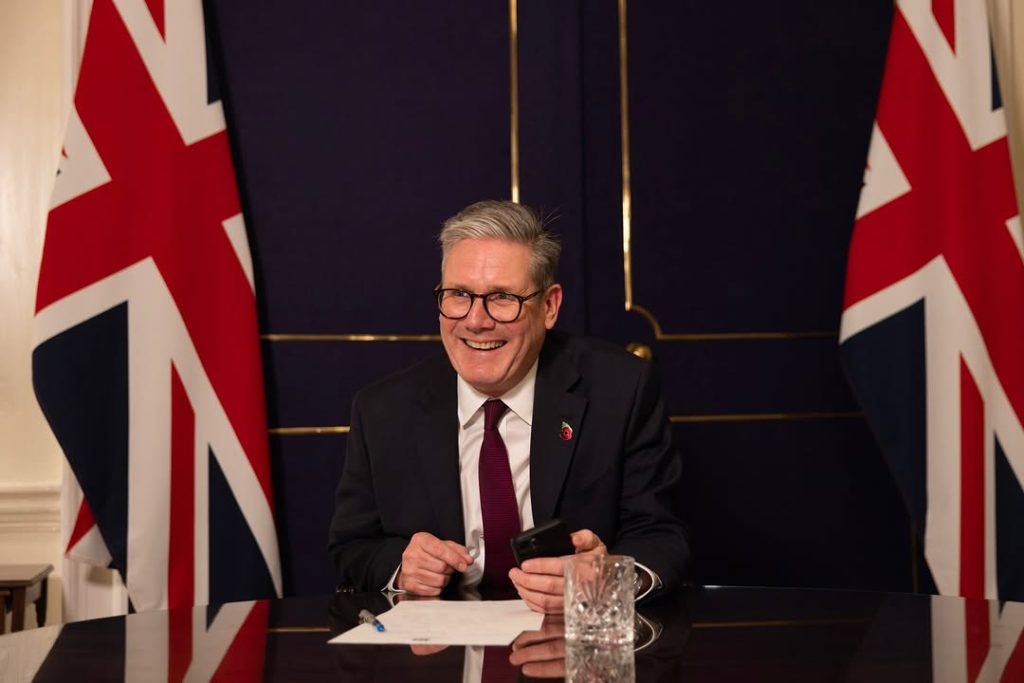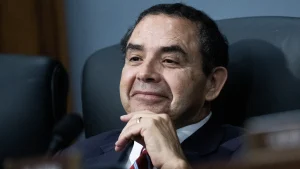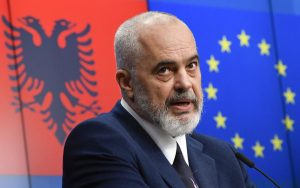Keir Starmer’s Brussels Visit on Post-Brexit Reset Talks.
UK Prime Minister Keir Starmer is set to visit Brussels on Monday, marking a pivotal moment for post-Brexit relations between the UK and the European Union (EU). This visit is particularly significant as it is the first time in five years that a British leader has engaged with all 27 EU leaders since the UK's official exit from the bloc. The informal European Council summit will set the stage for key discussions on security, economic partnerships, and the longstanding issue of fishing rights.
A "Reset" in EU-UK Relations: What’s on the Table?
Starmer’s visit, scheduled for Monday, will showcase his commitment to fostering a "reset" in EU-UK relations. A EU diplomat commented, saying that the meeting will centre around the “broad political objectives” of the reset that Starmer has promised, addressing the need for enhanced collaboration. The discussions will explore a variety of issues, including defense, energy security, migration, and most notably, fishing rights.
Starmer's Labour government, which came to power in July 2024 after 14 years in opposition, has worked to create a more positive atmosphere between the UK and the EU. However, the specifics of how these new partnerships will unfold remain unclear.
The Fishing Rights Dispute: A Major Hurdle for Agreement
One of the primary sticking points in the ongoing negotiations is fishing rights, a topic that continues to carry significant weight in EU-UK discussions. The EU diplomat noted that at least two member states are insisting on guarantees about fishing rights before agreeing to any broader partnership deal with the UK. “There are many different ‘buckets’ in the negotiations,” the diplomat remarked, mentioning issues such as a potential veterinary agreement to reduce trade barriers, a youth mobility initiative, and energy cooperation.
Despite the fact that fishing represents a minor part of both the UK and EU economies, the issue remains one of the most contentious aspects of post-Brexit relations. “There is no beating around the bush, fisheries is also very important,” the diplomat added. With the Trade and Cooperation Agreement (TCA) set to allow UK and EU fishermen access to each other’s waters until June 2026, the discussions on fishing rights beyond that date will be crucial.
In addition to this, Brussels is pursuing a legal challenge against a UK-imposed ban on European vessels fishing for sand eels in UK waters, citing environmental concerns. The European Union argues that this decision unfairly targets Danish fishermen and is one of the first arbitration cases under the Brexit agreement.
Youth Mobility and Future Collaborations
Another issue on the table is the youth mobility agreement, which was initially proposed by the EU in April 2024. This agreement aims to simplify the process for young people aged 18 to 30 to move across borders for work, study, and living opportunities, potentially allowing the UK to rejoin the Erasmus programme. However, the proposal has faced opposition within the UK, particularly from Labour, which views it as a step towards reinstating free movement—a topic that remains controversial among British voters.
Despite this, reports suggest that the UK government is considering a deal to ease the administrative burdens for performing artists touring between the UK and EU, as well as recognising professional qualifications mutually between the two regions.
The UK’s Negotiating Position: Defense and Global Strategy
Political analyst Peter Kellner weighed in on the UK’s negotiating position, noting that the UK’s strong capabilities in defense and security, particularly as a nuclear power, may provide it with leverage in future discussions on closer trade ties with the EU. “I would imagine defence and security to be the cards the UK could play to get the EU to engage in a more serious discussion about closer trade,” Kellner said.
The shifting global dynamics, particularly with US President Donald Trump potentially broadening trade tariffs to include Europe and lessening support for Ukraine, could further influence the UK-EU relationship. Trump’s protectionist stance and pivot towards Asia may prompt the UK to prioritise strengthening trade relations with the EU. “The UK wants both Washington and Brussels on its side,” Kellner explained.
Moreover, Kellner highlighted the possibility of future geopolitical issues—such as Trump’s threats to seize Greenland—which could force the UK to take a stance that has significant implications for its position on the world stage. “That could prove a critical moment for this UK government that could have deep implications for the rest of this parliament, and possibly beyond that, as to Britain’s place in the world.”
A Critical Moment for Post-Brexit Diplomacy
As Prime Minister Keir Starmer embarks on his visit to Brussels, the discussions that take place will be pivotal in shaping the future of UK-EU relations. While fishing rights remain a contentious issue, the broader goals of security, trade, and youth mobility will be equally important in defining the success of this “reset.” The UK’s strategic position, especially in the context of global politics, could determine its future relations with both the EU and other key international players.
The outcome of these negotiations will have lasting consequences, not just for trade and security, but for the UK’s role in global diplomacy moving forward.
Trade and Cooperation Agreement: Fishing Rights Until 2026
Post-Brexit Restructuring Proceedings: What Are the Implications for Luxembourg?





















